The growing anger of farmers, some of whom have already taken to direct action to express their frustration, is shaping up to be the first major challenge of President Emmanuel Macron’s newly appointed government.
Attal will meet both FNSEA and young farmers’ leaders at his Paris offices at 6pm at a meeting scheduled before the latest delay was announced. He will face demands for concrete action to address their problems.
Already, over the weekend, Attal was insisting that he was on their side.
“Our farmers are not bandits, polluters, people who torture animals, as we sometimes hear,” he told a meeting on Saturday in the southern Rhone region.
But the latest action by farmers in the southern Occitanie region gives a measure of their anger.
They started a blockade of the A64 motorway late on Thursday at Carbonne, some 45 kilometres southwest of Toulouse.
Among their grievances are the ever-increasing costs the sector faces and what they say is the choking effect of over-zealously imposed environmental regulations.
They are also angry about progressive tax increases on the non-road-use diesel that is essential to their work.
Similar issues have led farmers in other European nations to also take action.
Fleets of tractors have brought traffic to a standstill in Germany and Romania, and farmers have also protested in the Netherlands and Poland.
They all face the challenge of inflation – caused in part by Russia’s invasion of Ukraine – and what some see as unfair competition from Ukrainian agricultural imports.
In Britain on Monday, fruit and vegetable producers will again demonstrate in front of parliament against what they say are the unfair terms of their contracts with the main supermarkets.
The French government’s relations with the sector have not been helped by the repeated postponement of farming reforms first announced by Macron more than a year ago.
Agriculture Minister Marc Fesneau announced yet another delay on Sunday to a package that had been due to go before the government later this week.
“Give us a few weeks,” he told RTL radio and other news media.
More work needed to be done to simplify the measures, he said, an issue raised by many of the farmers currently protesting.
In comments to AFP, FNSEA vice-president Luc Smessaert made it clear they would need to hear “very concrete” measures.
They wanted an end to the excessive copy-pasting of European norms into the French system – and for the full implementation of a 2021 law aimed at protecting farmers’ wages.
Less than five months out from the European elections, opposition parties are already courting the farmers’ vote.
Political leaders on all sides have leapt to the defence of farmers over the issue of rising diesel costs.
And if the FNSEA does not emerge satisfied from its meeting on Monday, they have not ruled out action to hammer home their grievances.
Macron’s visit to the annual Agriculture Show in Paris – which begins February 24th and has historically seen farmers speak their mind directly to French leaders – might not go as smoothly as he hopes.

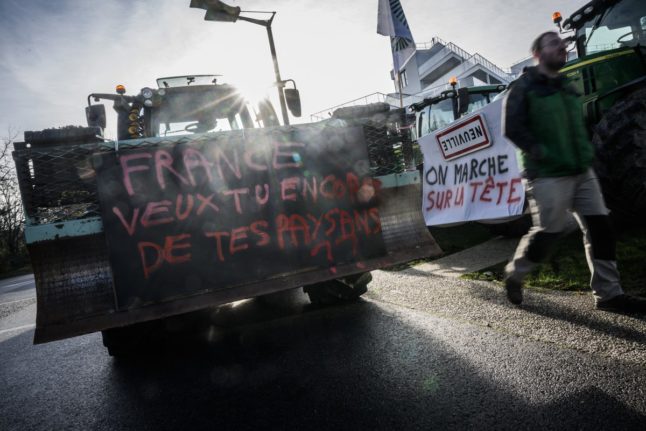
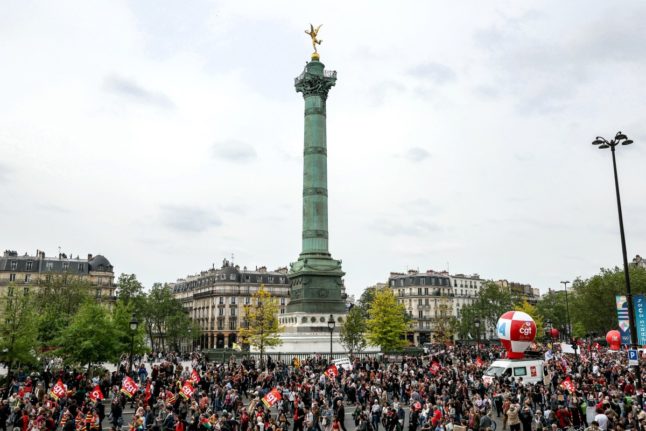
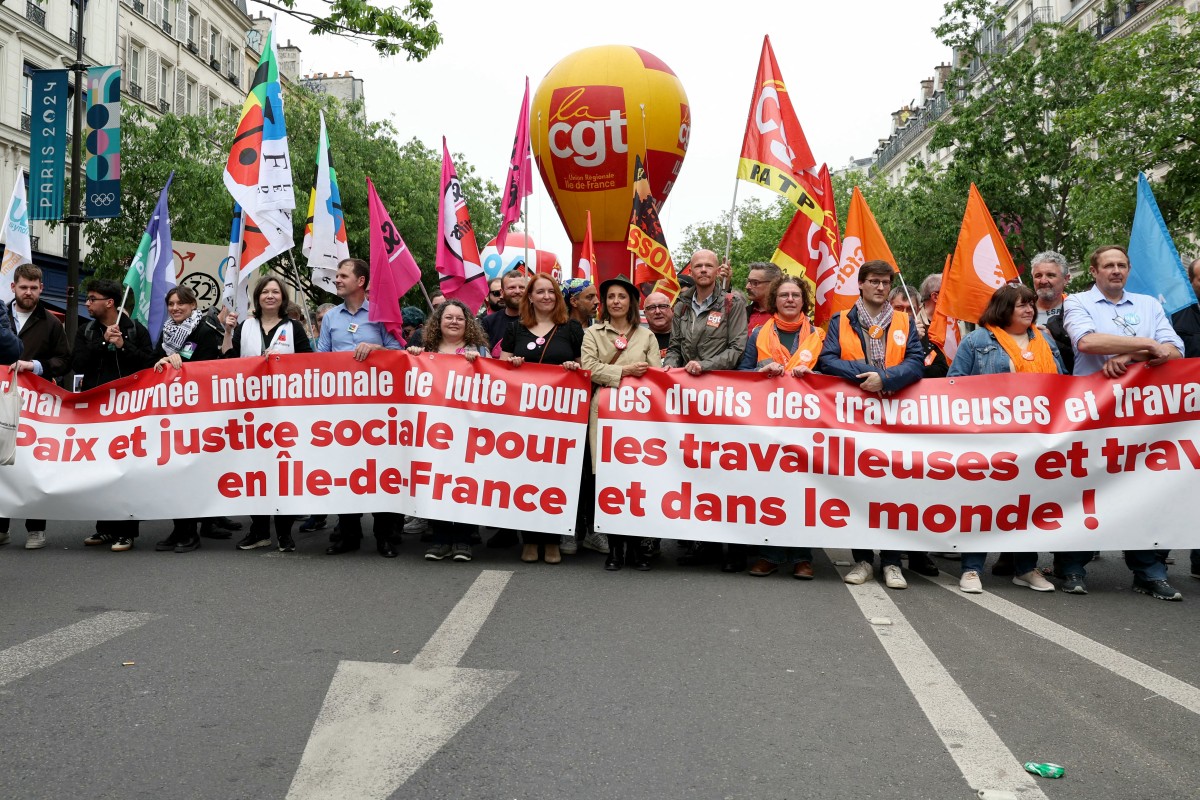
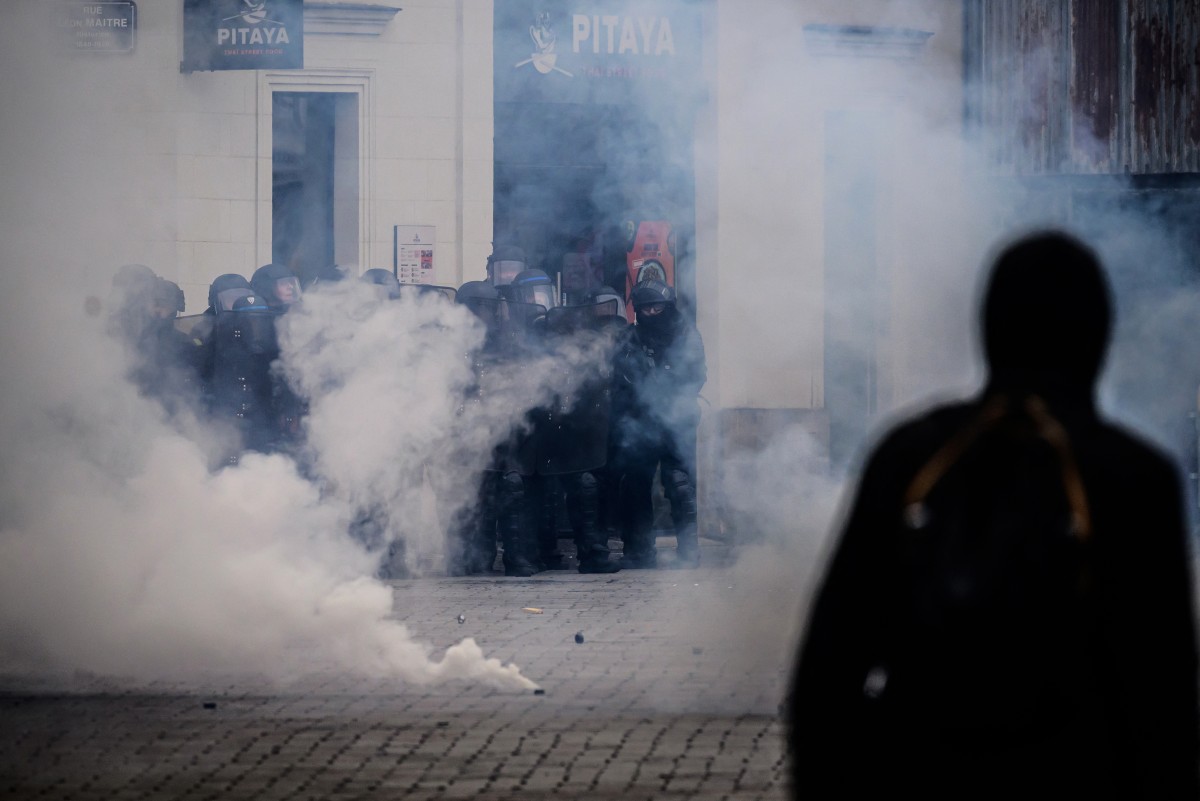
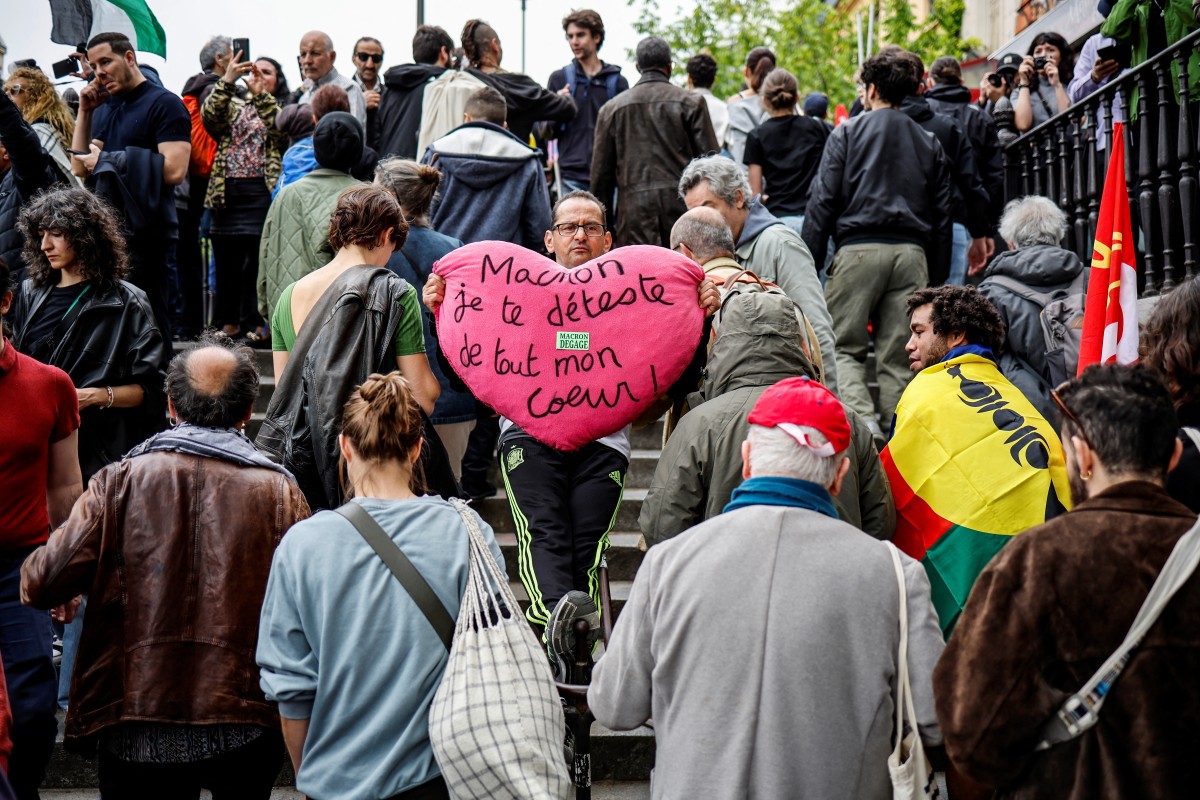

 Please whitelist us to continue reading.
Please whitelist us to continue reading.
Member comments